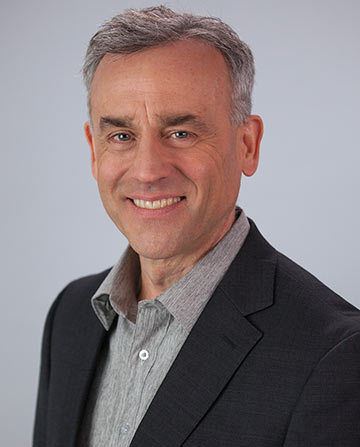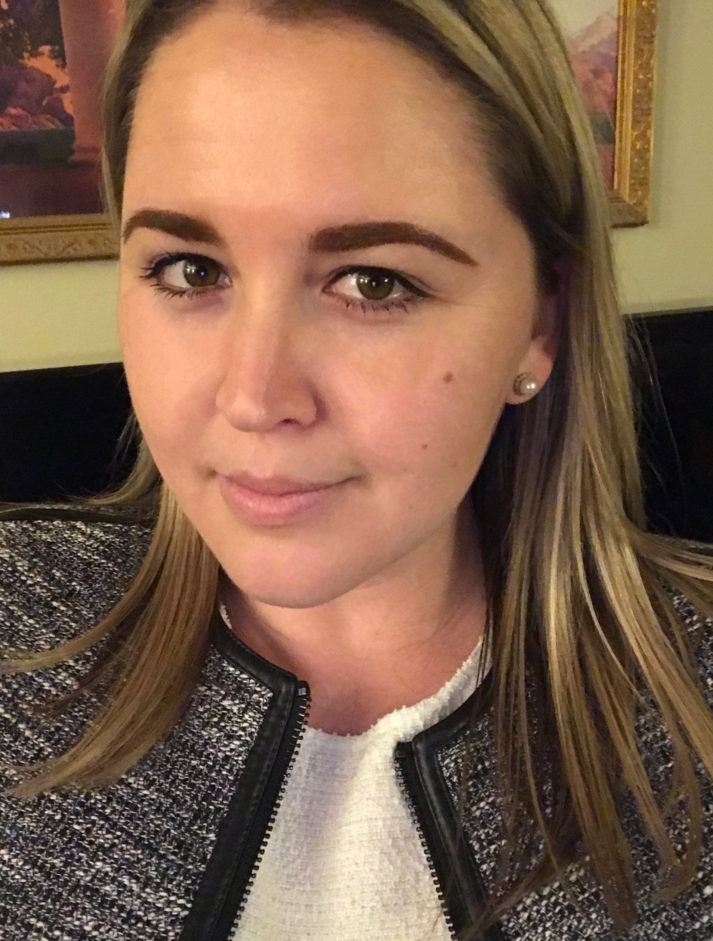Aisle Seat Review and our readers are enjoying a new series of question-and-answer interviews with prominent Bay Area theater people.
Our goal is not to subject you the reader to extended portentous sermons of the guest’s views on Russian translations of lesser-known Mamet flash drama (is there such a thing?)
Too often the people who guide and make theater in the Bay Area are behind the scenes — fast-moving denizens of the curtain lines who mumble into microphones while invariably (always excepting Carl Jordan’s beret collection…) dressed head-to-toe in black. These interviews allow you, the reader, to get to know these amazingly talented people a bit more, as…people.
Offering some personal and professional insights: with a heavy dash of humor, this is Aisle Seat Review’s Not So Random Question Time.
***

Marvin Greene is an amazing human being: actor, musician, teacher, voice over artist, New York cab driver — even a coal miner.
Legend has it he arrived in San Francisco in the cast of a road show of Biloxi Blues starring Woody Harrelson, and that he (Mr. Greene) loved the Bay Area so much … he put down roots and stayed here.
Marvin has been teaching acting, directing, and improvising around the Bay Area. Just the briefest glance at his resume shows some illustrious names, including: A.C.T, San Jose Repertory Theater, Marin Shakespeare Company, Marina Theatre Company, Aurora Theater, and a host of others. He has taught acting at A.C.T., Berkeley Rep, the Academy of Art University and Voice One in San Francisco, among others. He has performed in regional theater, voice-over, television and film, and appeared in the feature film Fruitvale.
Marvin came to the theatre by way of his and other people’s music, starting his career playing guitar and cello in the pit orchestra for musicals. This is also a man who proffers damn good advice for people going into an audition, “Remember the word “show” in show business. Be charming!”
In addition to his “night job” as an actor/musician, Marvin has worked with the firm “Stand & Deliver Group” since 2012, at organizations like Black Rock, Deloitte, and Cisco, focusing on helping individuals and teams find relevance in their messages; communicate honestly and without pretense; elevate their confidence; learn to read others; and communicate with brevity.
A graduate of Brown University in English literature, Marvin received his M.F.A. in Theater from the American Conservatory Theater in San Francisco.
As busy as ever, Aisle Seat Review’s publisher Kris Neely managed to lasso Mr. Green long enough to get some answers to some of our favorite Not So Random Questions!
ASR: What was the first play you performed in or directed for a paying audience?
MG: First real play I performed in was A Midsummer Night’s Dream. I played Lysander.
ASR: What’s the weirdest thing you’ve seen a guest do at the theater?
MG: Have a heart attack and die instantly. The weird part is that right before we went on I said to the leading lady, “you look so hot you’re going to give some old man a heart attack.”
She did. But I suppose it was almost okay in the end. His wife told us that he loved the Theater and if he had chosen a way to go that would be it.
ASR: Which person has had the largest impact on your professional development in the theater?
MG: James Barnhill. My first acting teacher at Brown University. He was one of the few professors I ever met who seemed to enjoy his job. He made me fall in love with acting.
ASR: What is the funniest screw-up you’ve seen on stage in a live performance of a play?
MG: That was at the Longwharf Theater in 1984. I and another Equity Membership Candidate (EMC) had something like four or five lines each.
Before one show he said: “Watch me out there.” He went out and started ad-libbing the play.
His desire to be a star was so huge that he wrote himself a part and recited it for the audience. One of the actors improved him off the stage. Needless to say he never worked in that town again.
ASR: If someone asked to be your apprentice and learn all that you know, what are three things you would tell them are essential to know?
Know who you are.
Know who you are.
Know who you are.
ASR: What would be the worst “buy one get one free” sale of all time?
MG: Ex-Lax.
ASR: You discover a beautiful island on which you may build your own society. You make The Rules. What are the first three rules you put into place?
MG: Do unto others as you would have them do unto you. The rest… is commentary.
ASR: How do you relax before a performance?
MG: I play the guitar. Music is great because it’s a language beyond words. Doesn’t mess with the text.
…Shoes. I’m really fascinated by how they change you…
ASR: You have been given the opportunity to create the 30-minute TV show of your own design. What is it called and what’s the premise?
MG: Okay I’m really winging it here. It’s called PICK ME.
A guy is on-line dating and meets a girl who he’s so attracted that he can’t give up on her. After the first date she rejects him. So he keeps re-inventing himself through costume and behavior. She keeps rejecting him and picking the new version of him.
Eventually the end up together.
ASR: What theater-related friendship means the most to you? Why?
MG: I have many. They generally form when the problems in the play are the problems in our lives and we’re all working out our lives together as we work out the play together.
That creates a bond that is like family.
ASR: What three songs are Included on the soundtrack to your life? And why each?
MG: Dark Was the Night by Blind Willie Johnson. Ry Cooder called it the “single most transcendent piece of American music.” It’s haunting, beautiful and deep beyond words.
Stardust by Louis Armstrong Louis has freedom and restraint in his playing at the same time. Total imagination and playfulness. Soul beyond description.
Something is New by Santana. It reminds me of being 16 with the world ahead of me. His playing is lyrical and the band is great.
ASR: Which one fashion accessory do you like better than others?
MG: Shoes. I’m really fascinated by how they change you
ASR: Which play would you like to see put into deep freeze for 20 years?
MG: Well, anything topical, really. Cultures, like people, need breathing and healing time before their reflections become art.
ASR: If you had to do a whole season performing one of the following technical theater roles: Light, Props or Costumes which would it be and why?
MG: Costumes hands down. The pressure work is before the performance. Once the show is up you’re mostly planning for a new show, doing minor repairs on costumes and you’re way backstage where you can do or say what you want. Besides very few people can really do what you do so nobody gets in the way too much.
ASR: What would be the coolest animal to scale up to the size of a horse?
MG: A squirrel. Can you imagine how far they could leap?
ASR: Shark diving, bungee jumping, or skydiving?
MG: Shark diving.
ASR: Favorite quote from a movie or stage play?
MG: It’s from The Godfather. They’ve just murdered this guy in a car.
One of the assassins says: “Leave the gun. Take the Cannoli.” (There was a pastry on the seat of the car.)
Legend has it that the actor made up the line on set.
-30-

Kris Neely launched Aisle Seat Review in 2015. He is the Publisher and Editor-in-Chief of ASR. Mr. Neely is an SFBATCC Best Director Award Winner (2013). He is also the founder and publisher of Cresting Wave Publishing, LLC at www.gocwpub.com



